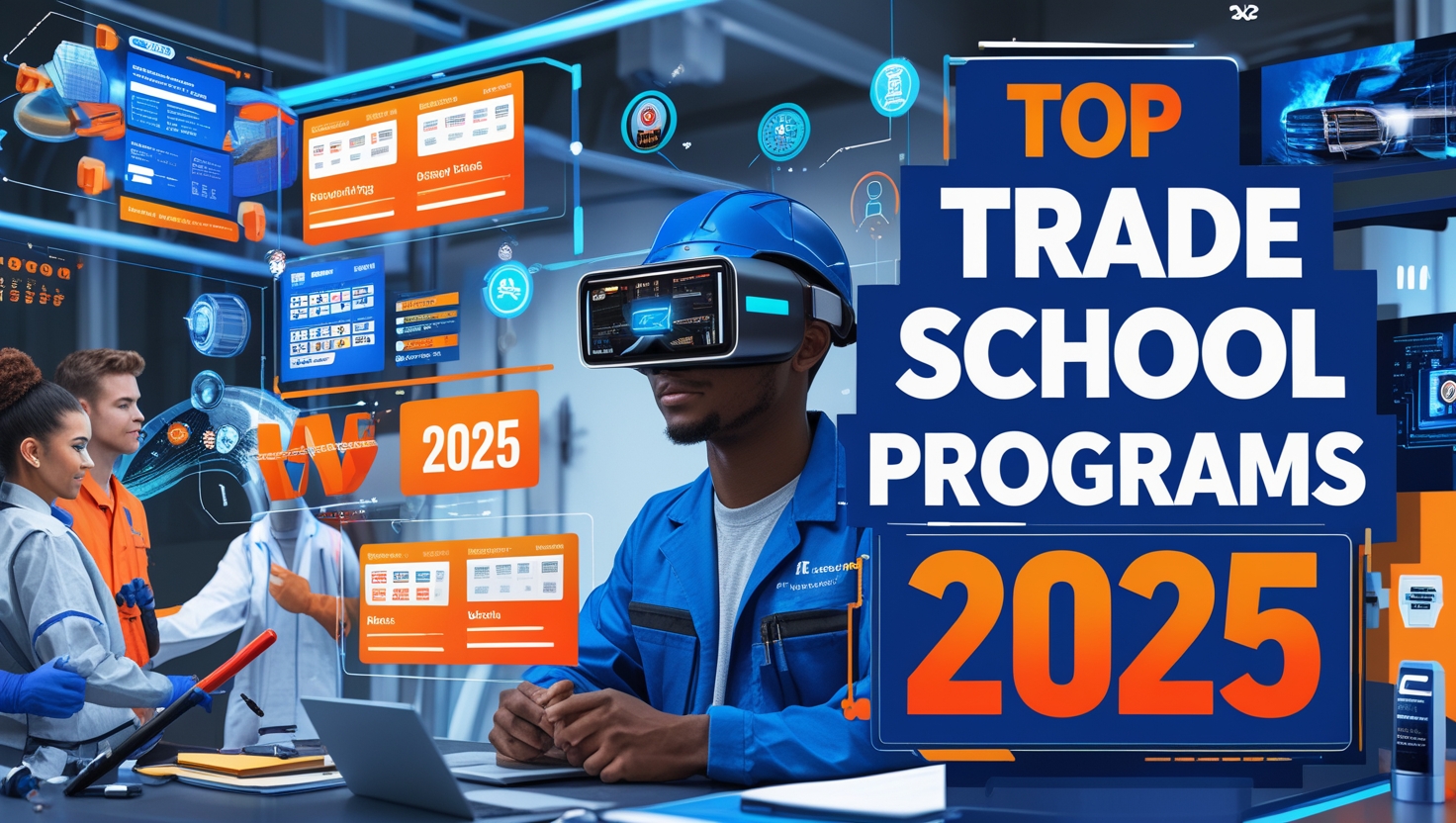AI and Recruitment Revolution
In recent years, AI has begun to make a significant impact on the recruitment process, particularly in the area of interviews. Automated systems powered by artificial intelligence now help streamline the candidate selection process by analyzing resumes, tracking applications, and even conducting interviews. This shift enables companies to handle a large number of applicants more efficiently, cutting down the time and resources traditionally spent on manual interviews. AI-powered interview platforms can assess skills, personality traits, and cultural fit by processing speech patterns and responses, providing employers with a more data-driven approach to hiring.
AI in Interview Preparation
Job candidates are also benefiting from the rise of AI in the interview process. With AI tools now available to assist in preparing for interviews, candidates can practice answering questions, receive feedback, and improve their responses. These AI-driven platforms simulate real interview scenarios and offer insights into areas where candidates may need improvement. From improving communication skills to identifying weak spots in their resumes, candidates can fine-tune their performance before the actual interview, increasing their chances of success.
Reducing Bias in Hiring with AI
One of the most significant advantages of using AI in interviews is its ability to reduce human bias in the hiring process. Traditional interviews often suffer from unconscious biases related to race, gender, age, and other factors. AI-powered interviews are designed to focus purely on the qualifications and responses of candidates, removing these biases from the equation. By using algorithms that assess performance objectively, AI ensures that the best candidate for the job is selected, based on skills and capabilities rather than personal biases.
AI’s Role in Virtual Interviews
With the rise of remote work, virtual interviews have become a norm for many industries. AI is revolutionizing this format by offering enhanced features, such as automated scheduling, real-time analysis of body language, and speech recognition. AI tools can assess a candidate’s tone of voice, facial expressions, and word choice during virtual interviews, providing recruiters with deeper insights into their communication style and overall demeanor. This makes virtual interviews more interactive and informative, even when face-to-face interaction is not possible.
The Future of AI Interviews
As AI technology continues to advance, its role in the interview process will likely evolve further. Future innovations may include more sophisticated natural language processing (NLP) capabilities, enabling AI systems to better understand complex human emotions and behaviors during interviews. Additionally, AI could play a larger role in post-interview analysis, offering insights on how candidates compare across different stages of the hiring process. The future of AI Interviews promises to make the recruitment process even more efficient, accurate, and accessible, benefiting both employers and candidates alike.

